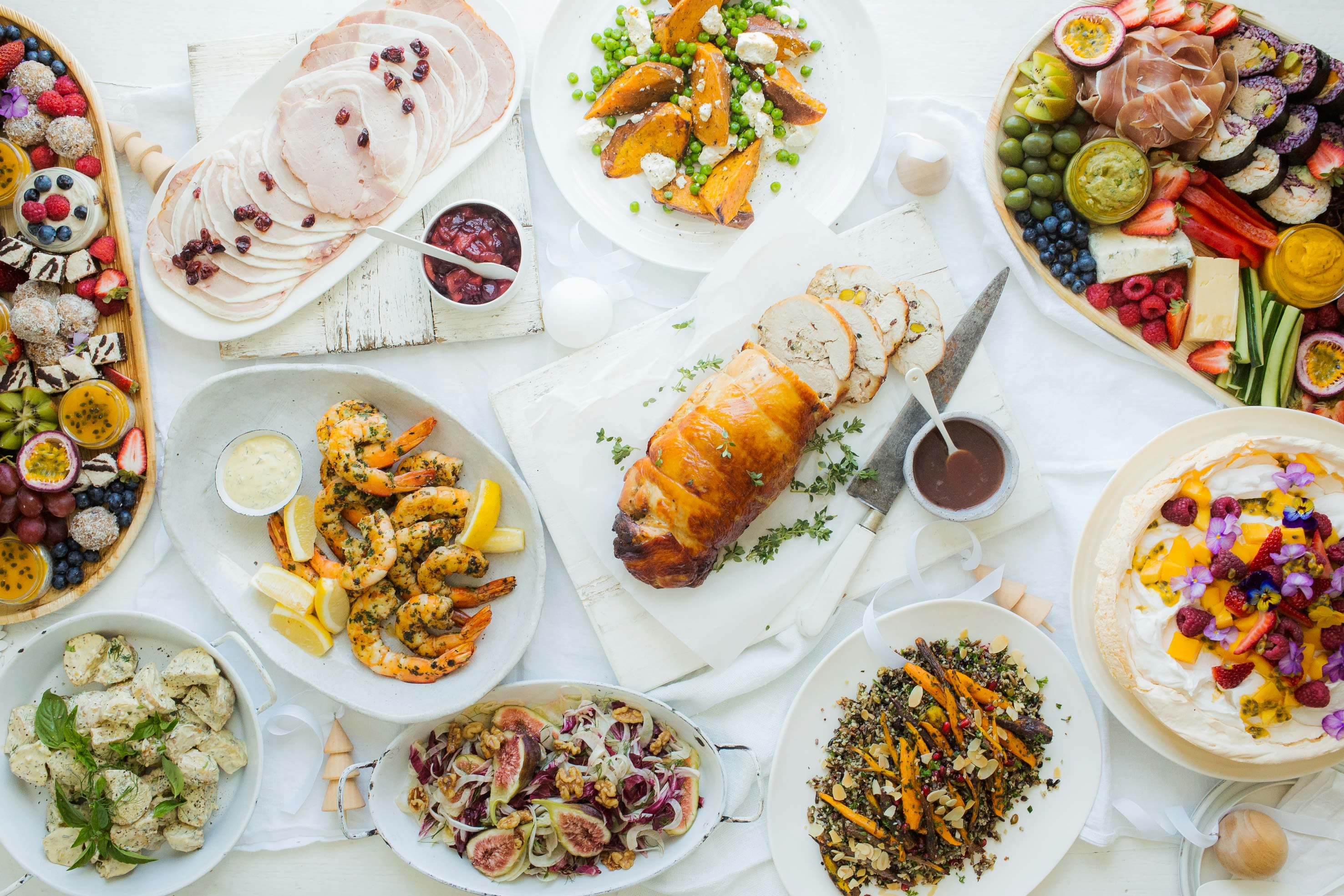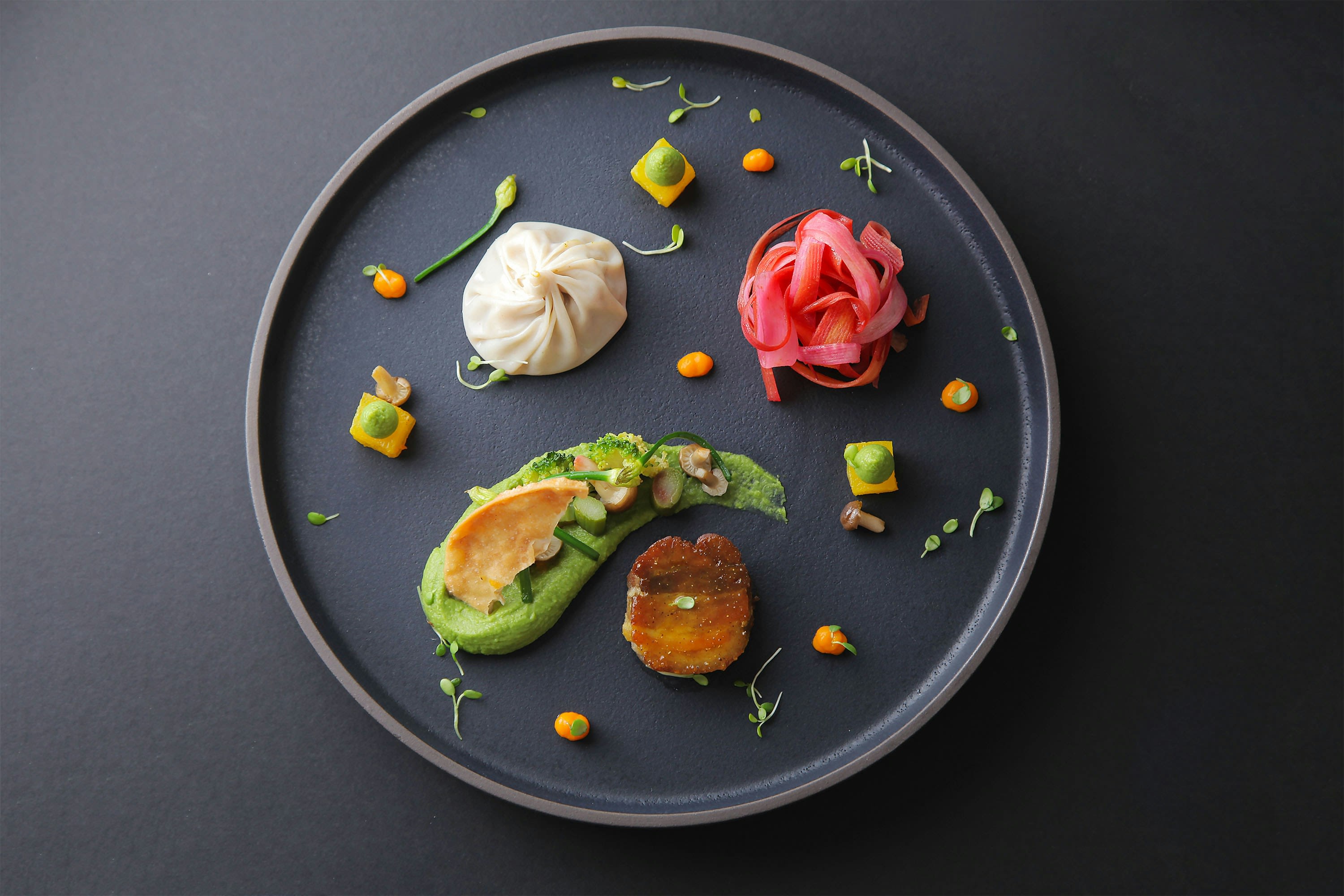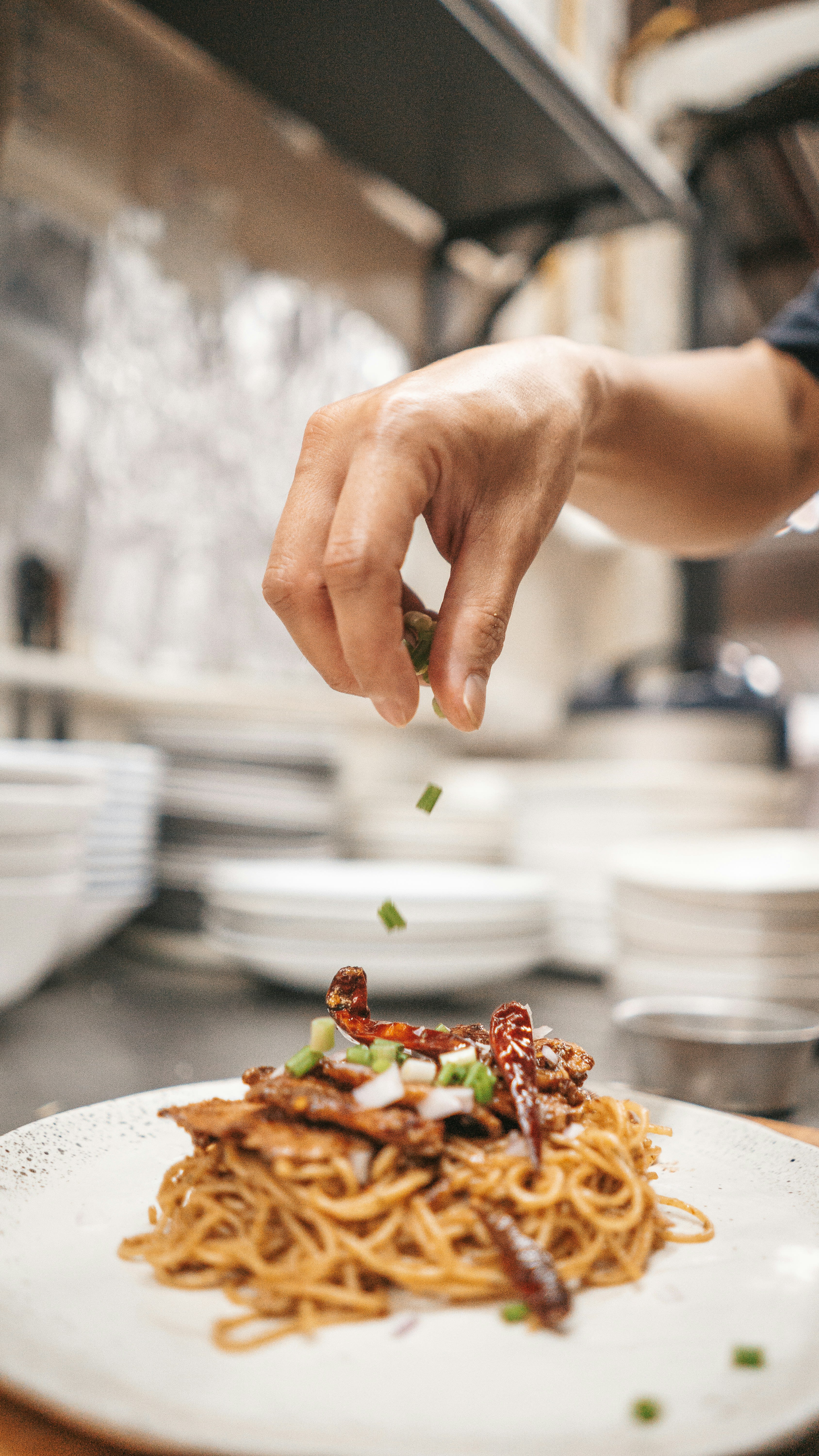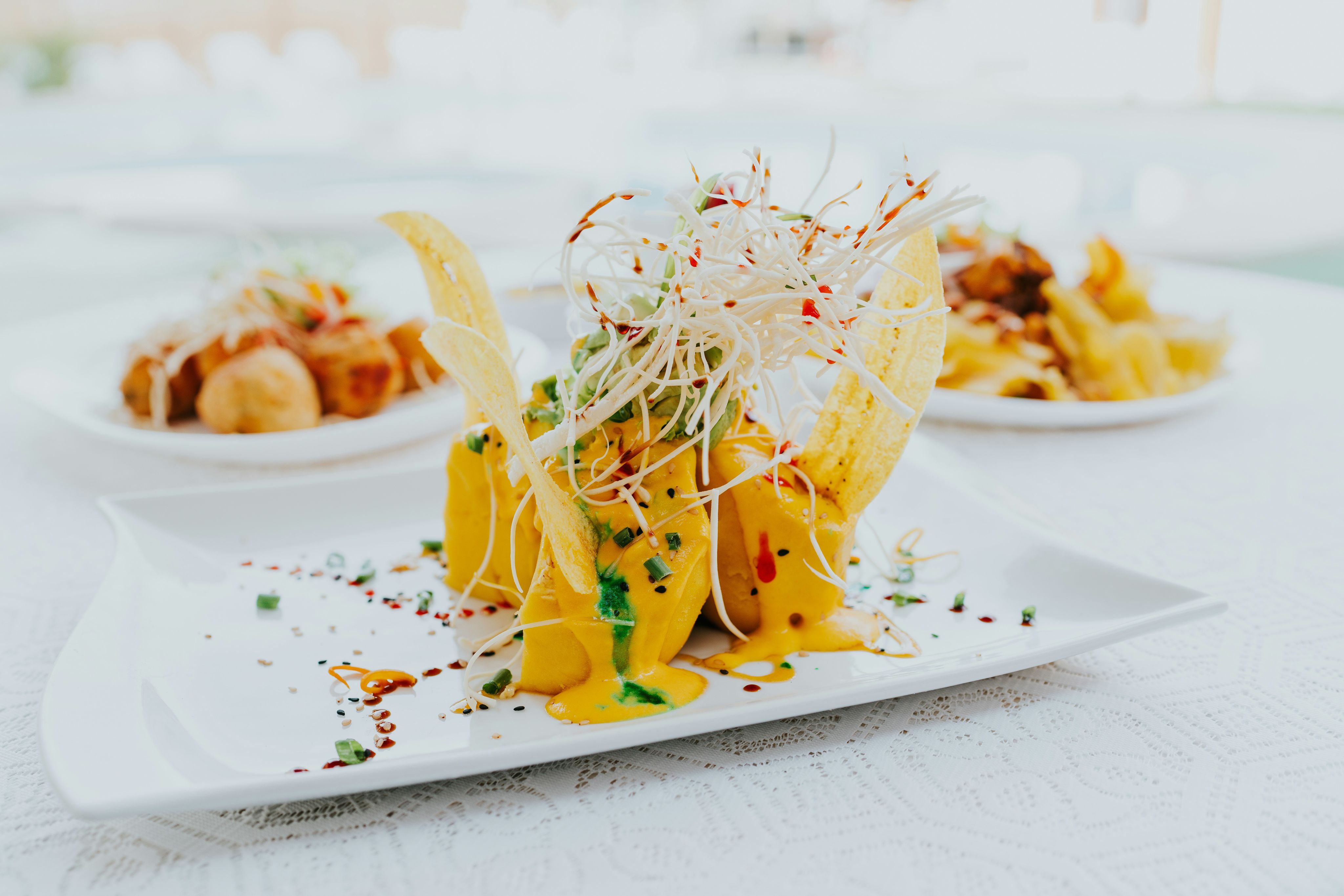Culinary Arts as a Path to Social Impact: How Chefs Are Leading Change in Communities

The world is starting to see chefs as more than just people who cook. Today, they’re becoming community leaders, change-makers and voices for social impact. Whether it’s tackling food waste, training underserved youth or supporting local farmers, chefs around the globe are using their skills to make a difference.
And for young people in Malaysia who want to turn their love for food into a meaningful career, Reliance College’s Diploma in Culinary Arts is the perfect starting point. This isn’t just a course that teaches you how to cook, it prepares you to use food as a force for good.
Chefs Changing the World Through Food
Around the world, chefs are proving that culinary arts can go beyond the kitchen.
Take Massimo Bottura, for example. He’s a world-renowned Italian chef who started a non-profit called Food for Soul. His project takes leftover food from grocery stores and turns it into gourmet meals for homeless communities, all served in beautiful, welcoming spaces called Refettorios. It’s about dignity, not just food.
In Turkey, Ebru Baybara Demir runs programmes that teach Syrian refugee women how to cook and run food businesses. Her work empowers women, supports families and keeps local food traditions alive.
Meanwhile, in the Philippines, Louise Mabulo started the Cacao Project to help farmers grow sustainable crops and restore forests. As a chef, she’s showing how food and farming can be tools for environmental change.
These chefs are using food to solve real problems. And that’s something students can learn to do right here in Malaysia.
Culinary Arts Diploma in Malaysia: More Than Just Cooking
If you’re looking to study culinary arts in Malaysia, Reliance College’s Diploma in Culinary Arts stands out. The programme teaches essential cooking skills, but it also focuses on something bigger: how to use those skills to give back to society.
One unique feature of the course is the Community Service Project module. Students are encouraged to work with real communities, like food banks, shelters or NGOs, to create solutions using food. This hands-on experience helps students see the bigger picture and understand the power they have as future chefs.
The course also teaches sustainability. Students learn about reducing food waste, using local ingredients and making ethical choices in the kitchen. These aren’t just trendy ideas, they’re part of a growing global movement and Reliance College is making sure its students are ready for it.
How Food Builds Stronger Communities
Food brings people together, and chefs are using that power to build stronger, more inclusive communities.
In the UK, a project called Liberty Kitchen trains prisoners in culinary skills and helps them start street food businesses when they’re released. It gives them a second chance and a real shot at a new life.
In New Orleans, Liberty’s Kitchen offers culinary training to at-risk youth. Through food, young people gain confidence, earn an income and build a future they can be proud of.
These are just a few examples of how cooking can change lives. At Reliance College, students study real-world case studies like these, helping them understand how they too can lead projects that make a difference.
Why Culinary Arts Matter More Than Ever
Today’s world faces many challenges: climate change, hunger, inequality. And surprisingly, food can help solve all of them.
That’s why we need chefs who are more than just skilled in the kitchen. We need leaders, problem-solvers and innovators. People who see food not just as a job, but as a tool for change.
Reliance College is helping shape those leaders. Through its Diploma in Culinary Arts, students are trained not only to succeed in top restaurants and hotels, but to think differently—creatively, sustainably and ethically. Whether it’s starting a food truck that supports single mothers, opening a zero-waste café or teaching kids how to cook healthy meals, the possibilities are endless.
The culinary world is changing and chefs are at the heart of that transformation. From fighting food waste to empowering communities, they are proving that culinary arts can create real social impact.
If you’re passionate about food and want to make a difference, the Diploma in Culinary Arts at Reliance College is a great place to start. It’s not just about becoming a great chef—it’s about becoming a chef with purpose.
References
- Time Magazine. “Massimo Bottura Wants You to Stop Wasting Your Food.” https://time.com/6137593/massimo-bottura-food-waste/
- Wikipedia. “Ebru Demir.” https://en.wikipedia.org/wiki/Ebru_Demir
- Wikipedia. “Louise Mabulo.” https://en.wikipedia.org/wiki/Louise_Mabulo
- Reliance College. “Diploma in Culinary Arts.” https://www.reliance.edu.my/courses/diploma-in-culinary-arts/
- BAC Education. “Industry Relevant Curriculum.” https://www.bac.edu.my/bac/industry-relevant-curriculum/
- Wikipedia. “Liberty Kitchen.” https://en.wikipedia.org/wiki/Liberty_Kitchen
- Wikipedia. “Liberty’s Kitchen.” https://en.wikipedia.org/wiki/Liberty%27s_Kitchen



